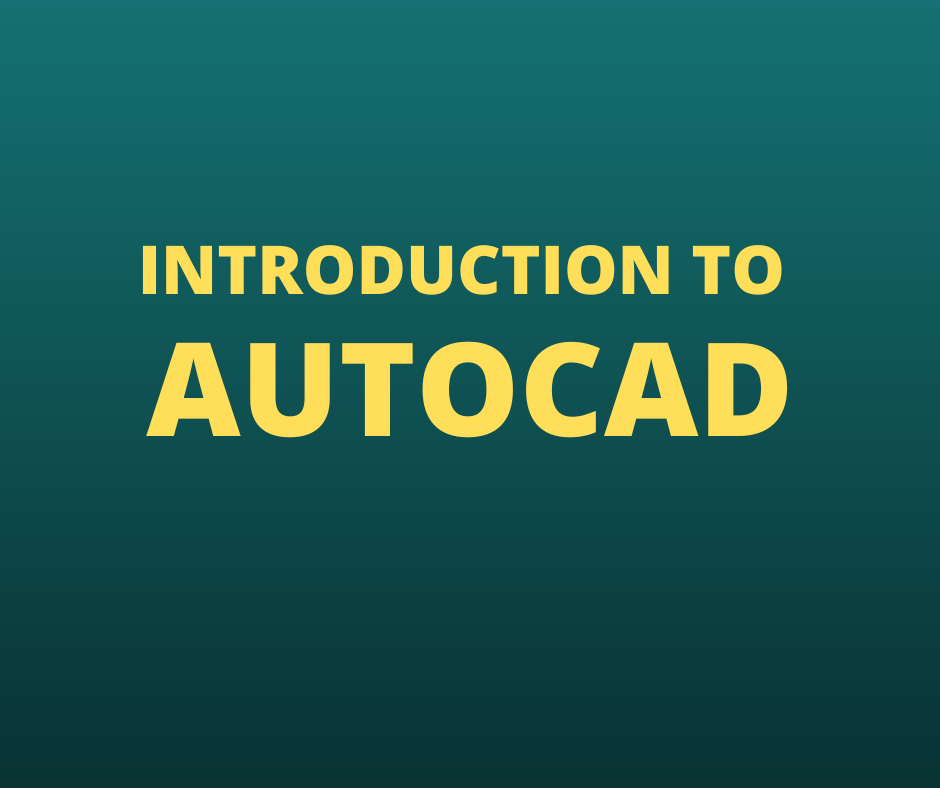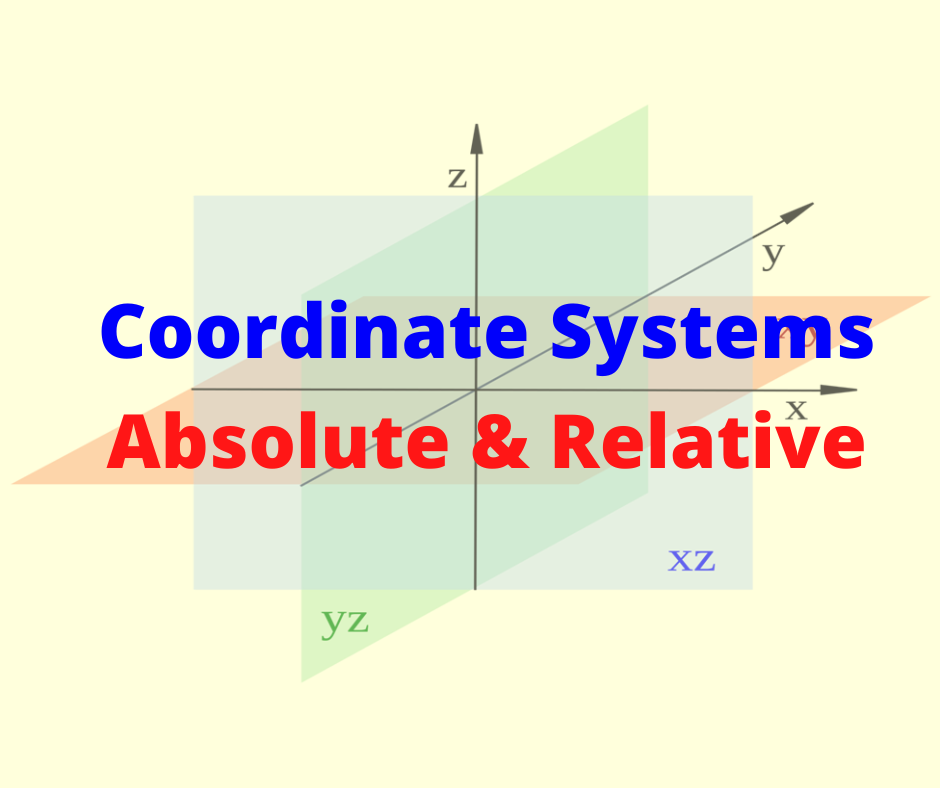EXTRA-RAPID-HARDENING CEMENT
Definition:
Extra-rapid-hardening cement stands out as a cement variant engineered to achieve swift setting and hardening, surpassing even the rapid-hardening cement and Ordinary Portland Cement (OPC) in expeditiousness. This remarkable characteristic is accomplished through the incorporation of calcium chloride into rapid-hardening cement, enabling construction professionals to realize exceptionally rapid setting times.
This specialized cement type is particularly advantageous for cold-weather concrete projects, where rapid setting rates are paramount for mitigating the adverse effects of low temperatures. By harnessing specific formulations and manufacturing processes, extra-rapid-hardening cement facilitates accelerated chemical reactions within the cement mixture, culminating in rapid and robust concrete formation.
Recognized for its unparalleled speed in setting and hardening, extra-rapid-hardening cement emerges as a preferred choice in time-sensitive construction endeavors, where prompt structural integrity is imperative. Its ability to swiftly establish durable concrete renders it indispensable in scenarios necessitating immediate utilization and load-bearing capacity, exemplifying its significance in contemporary construction practices.

key features :
- Emergency Repairs: Extra-rapid-hardening cement serves as a reliable solution for expeditious repairs in critical situations, such as rectifying road potholes, restoring infrastructure, or stabilizing unsafe structures. Its rapid setting and early strength development capabilities enable swift restoration, ensuring the prompt reinstatement of functionality and safety.
- Cold Weather Concreting: Extra-rapid-hardening cement proves invaluable in cold climates where low temperatures impede the setting and curing of conventional cement. By facilitating proper strength development despite adverse conditions, it safeguards against delays and ensures the timely completion of projects even in challenging environments.
- Time-Sensitive Projects: Construction endeavors characterized by stringent deadlines benefit immensely from the rapid hardening attributes of extra-rapid-hardening cement. Its accelerated setting rate expedites the construction process, enabling timely project completion without compromising structural integrity.
- Precast Concrete: The rapid-setting nature of extra-rapid-hardening cement makes it ideal for the production of precast concrete elements that necessitate rapid transportation or assembly. Its quick setting and early strength development facilitate efficient manufacturing processes, enhancing productivity in precast concrete production.
- Industrial Flooring: Industrial environments with high traffic demand durable flooring solutions capable of withstanding heavy loads shortly after installation. Extra-rapid-hardening cement meets this demand by providing rapid strength development, ensuring the timely readiness of industrial floors for operational use.
- Anchoring and Grouting: Applications requiring rapid anchoring or grouting, such as setting anchor bolts or repairing machinery foundations, benefit from the swift setting properties of extra-rapid-hardening cement. Its rapid hardening characteristics enable expedited anchoring and grouting operations, minimizing downtime and enhancing operational efficiency.
It’s imperative to acknowledge that while extra-rapid-hardening cement offers the advantage of quick setting and early strength development, it may entail certain trade-offs. The rapid setting nature may pose challenges during placement and finishing, necessitating meticulous planning and execution. Moreover, long-term strength and durability considerations should be carefully evaluated when selecting this cement type for a project, ensuring compatibility with the project’s requirements and objectives.



